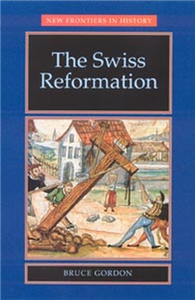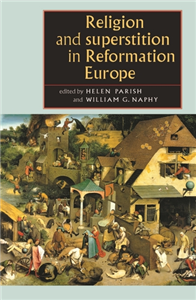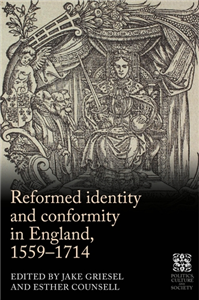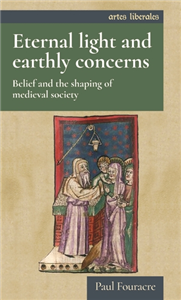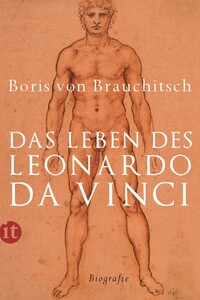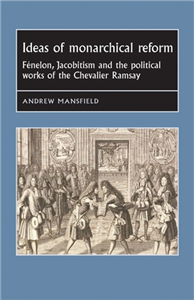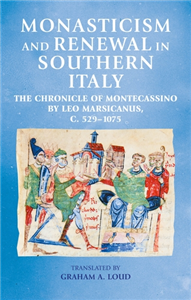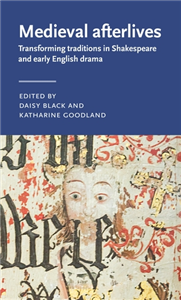Libretti
by Christoph Hein
Libretti, von prominenten Literaten verfasst, entstehen in der Regel als Auftragsarbeiten: ein Theater, ein Komponist, ein Regisseur beauftragen einen Schriftsteller, eine sogenannte »Vorlage« für eine Vertonung zu schreiben. Was sich, derart betrachtet, als zufälliges Zusammentreffen zweier Interessen gilt, gewinnt, bei näherer Betrachtung eine gewisse Notwendigkeit. Sie ergibt sich aus dem unbedingten Willen einer der beteiligten Seite, aus den unterschiedlichsten Gründen, sich auf eine schwierige, ungewohnte Kooperation einzulassen. Bei der Oper Noach von Sidney Corbett kam zu dieser Zusammenarbeit aufgrund einer bloßen Zeitungslektüre: 1993 las der Komponist das Inhaltsreferat einer Erzählung von Christoph Hein. »Das war im Jahr 1993. Zu dieser Zeit hatte ich nicht die geringste Absicht, eine Oper zu schreiben. Doch auf einmal hörte ich eine Stimme in mir, die mir sagte, diese Geschichte könne der Stoff für eine Oper sein. Ich schrieb Christoph Hein und fragte ihn, ob er sich vorstellen könnte, nach dieser Erzählung ein Opernlibretto zu schreiben, was er mit einem zögerliche jein beantwortete.« Aus einer (einmaligen) Gelegenheit entstand ein (einmaliges) Kunstwerk.





